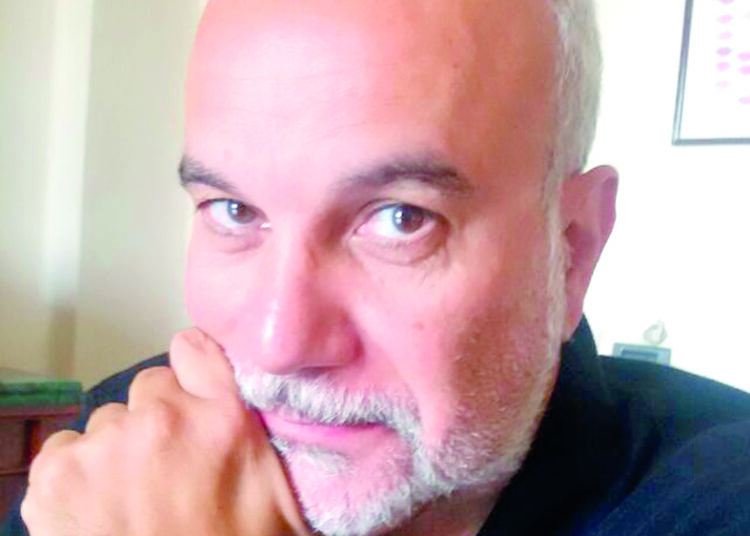By Sherif Attar
In a world of ever-changing ambiguity and uncertainty, executives have to face two challenges: excellent performance and people development. Where many managers think those endeavours are “competing”, this author believes they are “completing”. GET DOWN TO BUSINESS argues.
Time to prioritise fun!
A conscious decision to bring more joy into our lives can boost both mind and body. After two years of loss, sickness and stress caused by the pandemic, burnout is high and morale is low. But in some positive news, according to Laurie Santos, Yale’s “happiness professor”, the way to feel better need not depend on restrictive diets, grueling fitness regimes or testing mental challenges, but in something far more attractive: fun.
The American psychology professor and Happiness Lab podcaster, who rose to international fame when her course “psychology and the good life” became the Ivy League university’s most popular course of all time, says that consciously injecting more fun into our lives – which she refers to as a “funtervention” – can not only improve mental health and help prevent burnout but also improve physical health.

Many of the activities adults turn to for fun involve going somewhere new or playing sport, which were difficult to do amid Covid restrictions.And the more tired we become, the less likely we are to prioritise fun because we are too tired.“The irony is, if we put more fun into our lives then we wind up becoming more productive,” says Santos.
So what does she mean by fun? Not flopping down in front of Netflix with a drink and doom scrolling on social media. True fun has to be active. Santos defines fun as “a state of playful connection to flow”, by which she means being entirely present.
In order to discover fun, she suggests carrying out a “fun audit” which involves taking a “non-judgmental look” at what you found truly fun in the past – not what you found relaxing – and what elements it involved. For Santos, she discovered it involved a lot of music-related moments, including “goofy singalongs” in the car with friends and being in a musical as a child, and found it often involved people she doesn’t necessarily prioritise seeing.
For Santos, injecting fun meant doing karaoke and putting herself into a position of vulnerability. One of her biggest realisations is that adults are often prevented from having fun by judgment.
“We would probably all be having a lot more fun if we tried new things, just like kids do. They seek out new activities and try new things out – they don’t beat themselves up if they don’t like them. But as adults we say: ‘Well, we have the activities that we do and we do those and that’s it.’”
However, prioritising fun doesn’t mean quitting your job and constantly having the time of your life, says Santos. Instead she suggests “infusing” fun in “micro-doses” into the day, such as playing music at work or engaging in witty banter with colleagues “to make the day a little bit more joyful”.
Despite its childish reputation, fun is a very serious matter, says Santos. Citing research that found loneliness is as bad for the human body, she said connection, required to have fun, is proven to make people feel good. “But there’s also evidence that playfulness is less associated with things like dementia and even heart disease.”
Santos prescribes fun to ‘remind us of our shared humanity’. Play is also associated with nerve-growth, she says. “It’s one of the reasons that play tends to happen during childhood, a period when we have so much brain-growth.”
Unfortunately, fun is an under-researched area. True fun – the magic of playfulness, connection and flow – has been horribly missing during the pandemic and is almost impossible to reach using a screen.
“The fact that we have all been so socially isolated over the past year-and-a-half – and that we’ve been spending so much time passively consuming content on our screens – has had an enormous negative impact on our ability to have fun.”
If everybody prioritised fun, the world would be a happier, healthier and safer place. “Fun brings people together. It reminds us of our shared humanity and encourages us to let down our guard.”
(Adapted from Guardian)
For questions or suggestions, please send your comments.
Sherif Attar, an independent management consultant/trainer and organisation development authority, delivers seminars in the US, Europe, Middle East and the Far East.






Discussion about this post